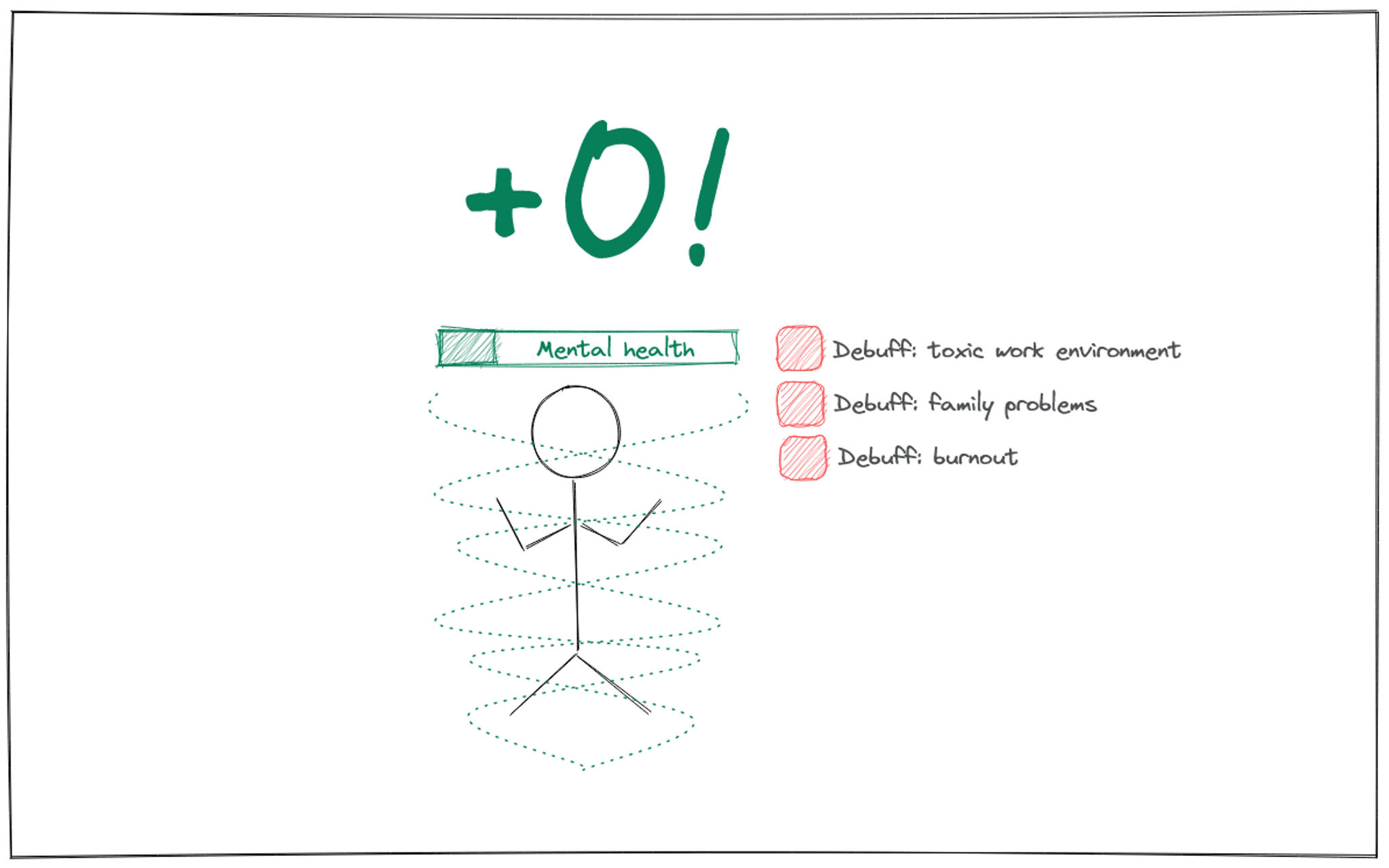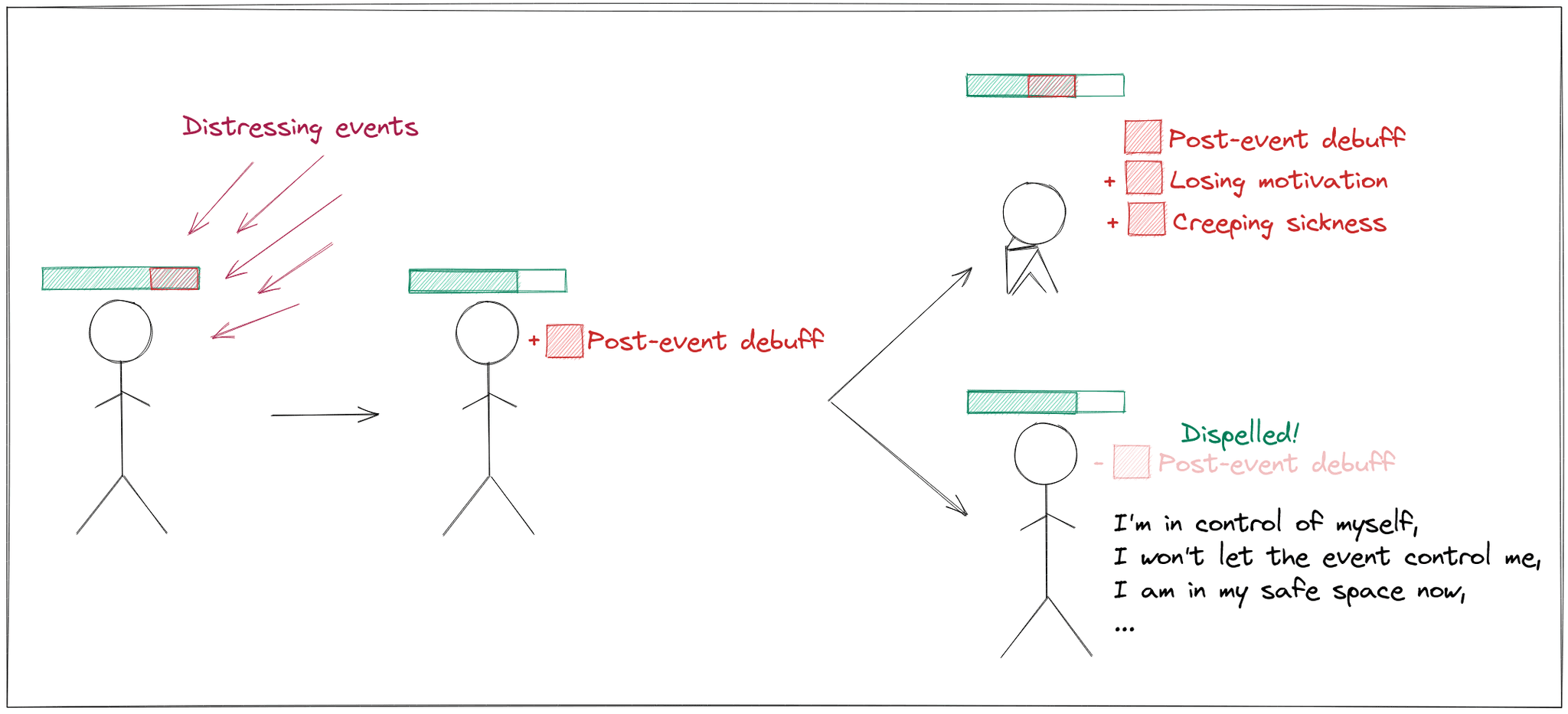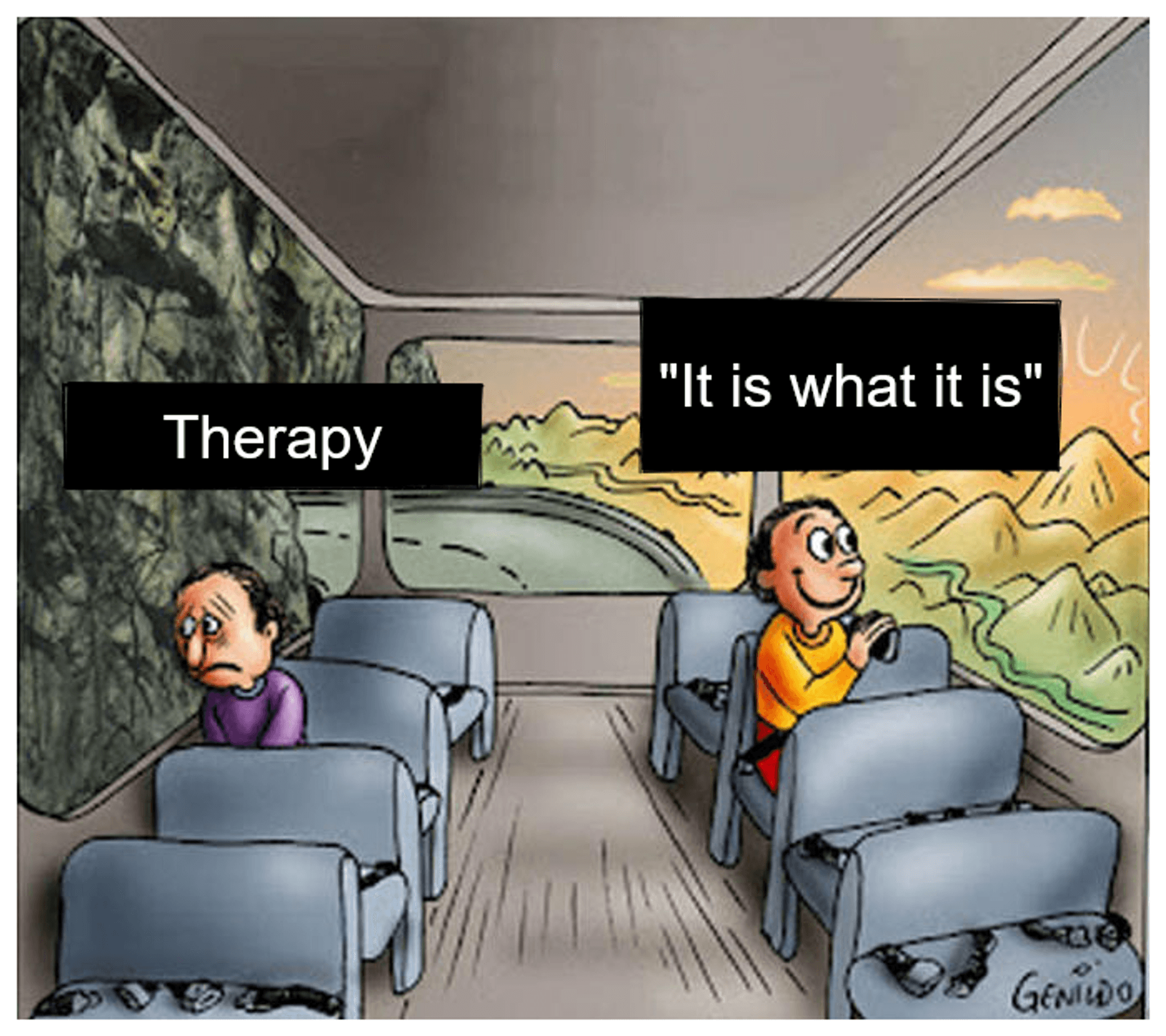Are you healing?

Table of Contents
If you broke a machine and you tried to fix it, but you only made it worse, does it still count as fixing?
Nowadays, since mental health has become something more common, the word “healing” also appears more often. Sometimes companies might just use it to “lure” customers because… who doesn’t want to heal? Hence, I come up with the question, “are you healing?”
From what I could perceive, “healing” is sometimes used in the place of “coping”. Healing is an action with the intent to close out a wound or an injury. Depending on the type of wound or injury, some may fully recover while some others unfortunately may only be able to partially recover. Coping, on the other hand, is an action that makes your wound to be less destructive compared to if it is kept as it is. In other words: damage control.
Imagine a building on fire. Since the fire is already spreading out, there’s no prevention anymore. We need to stop it from spreading out. We can’t revitalize the building just yet if the building is still on fire. So, the damage control here would be to isolate the impacted area, with the hope that the fire doesn’t get spread out further. After the fire has been snuffed out, we can start thinking about revitalizing the area impacted by the fire.
Now, back to mental health. When something happens and it distresses you, you will need to cope—or react, if you will—to “familiarize” yourself with the event that has just happened. A better way to cope perhaps is to process the event without losing your mind. Grounding is a common coping mechanism with the purpose to keep us in control of ourselves. This is good because when we aren’t in control, we tend to do things that are not normal, ranging from deciding not to eat, overeating, or even actually physically harming ourselves.
Let’s talk about “damage”
I am going to gamify it a bit.
- There is a distressing event.
- The event deals damage to us, depending on how hard it hits our weak point.
- The way we cope determines whether the damage stops at that or it will continue rolling.

At the time of writing, if someone forced me to meet my mother, I would be slightly distressed (as I am still trying to keep my distance from her). This was not the case back then. I remember clearly a lot of times I was losing my mind. I would be less productive, I decided not to eat as I normally would, and it went up to a point where I thought it would be better if I intentionally made myself sick rather than having to meet my mother. This was not a good way of coping for me. With that said, having experienced it firsthand, I would have understood if there are people who are currently going through the same period and still finding their balance.
Back to the topic of “damage”, I consider the event of myself getting forced to meet my mother as damage. However, my coping approach made the damage bigger than it should have. I was unintentionally griefing myself. Or maybe I did that intentionally? One thing is for sure, I lost control of myself, which caused the damage to continue rolling.
Taking my time (not “rushing”), keeping my distance, and setting boundaries helped me a lot.

I saw the above meme back then on Twitter. I think I can partially agree, “It is what it is” is sometimes a good mantra to protect ourselves, to stop overthinking and all that. However, it is only good when ignoring it will not make the problem bigger. Remember the “this is fine” meme? Eventually, the whole place will be burned to the ground if nothing is done.
I also disagree with the stereotype that going to therapy makes people more depressed. Firstly, I think it’s all about matching when we are visiting a therapist. Some therapists are exceptional, but even then their style may not be suited to us, so we need to find the one whose sessions fit our personality. That’s not to say that we need to find a therapist who will always agree with what we say, it is more about how comfortable we are with them (and vice versa). On the other hand, if the therapist isn’t exercising empathy (e.g. they always judge and cut your explanation), I think it’s almost safe to say that they aren’t a good therapist.
Secondly, I was a mess on January 2020. Visiting a therapist helped me discover (or re-discover) myself and get to know myself deeper. Sometimes, I found it a bit hard to understand myself because of my personal bias. However, when my therapist pointed that out to me, it all started to make sense. Previously, everything was only a dot representing an event, but after the session, I somewhat could see lines forming. I realized that the “don’t argue with mother and be a good child” advice from my father was causing all bad events happening in my parents’ house to go unprocessed, which eventually would explode when other events “touched” it.
One of the most important parts of my therapy sessions was looking back at the old scars and digging into unprocessed events. From these sessions, untangled emotions were untangled.
Back to the “ignoring as a coping mechanism”, I want to emphasize that it’s not necessarily bad. However, it might be good to process the event at the time it happened or at the end of the day it happened. This is so that the unprocessed emotions don’t become a time bomb that will explode at any time in the future. Unearthing the unprocessed emotions may lead you to the answer, “what caused me to react this/that way?”.
Now, I think we can agree that ignoring is not the same as healing. Going to therapy, on the other hand, is healing, because it is a process of removing our “past debuffs”.
Does traveling count as healing, as some travel-based companies claimed?
Not sure, say, you encounter a toxic work environment, family problems, and all that which makes you stressed daily. Then, you decide to take one week off to travel somewhere else. If after returning from your travel you don’t feel stressed anymore by these things, I think you can count travel as healing. However, if they don’t, I think they are a coping mechanism instead (which I think most of the time, it is!).
Anyway, that’s all from me. Hopefully, this post is useful. Thanks for reading this post and stay safe!